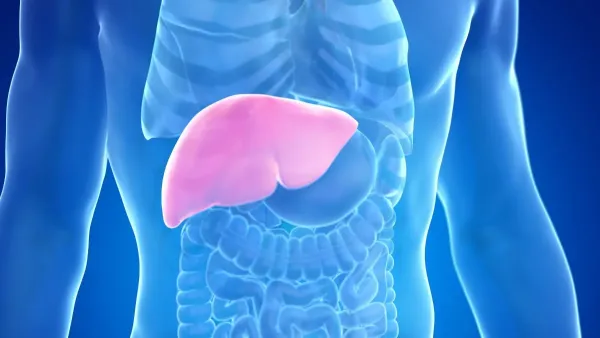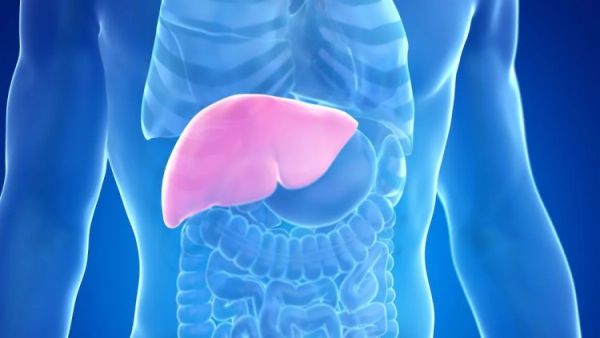
World Liver Day 2025: Every year on April 19, people celebrate World Liver Day to encourage liver health awareness and liver disease prevention. The day is a worldwide campaign to raise awareness of the value of a healthy liver and the many causes of liver disease. “Food is Medicine” is the theme for World Liver Day in 2025. One of the most dangerous conditions that may be fatal if not identified or treated promptly is liver disease. The liver is a silent killer since it usually destroys itself without any obvious signs. Beyond alcohol misuse, a number of things may cause liver impairment.

Even while alcohol is recognized to be a liver toxin, liver damage may also result from other causes, including poor nutrition, viral infections, and others. Hepatitis, fibrosis, cirrhosis, and non-alcoholic fatty liver disease (NAFLD) may all be brought on by these unspoken variables. Even though the liver is essential for metabolism, cleansing, and storing nutrients, chronic liver disease may result from repeated exposure to toxic chemicals or bad behaviors. In honor of World Liver Day 2025, consider the hidden causes of liver impairment that go beyond alcohol.
Overconsumption of sugar, particularly fructose, which is included in processed foods and sweetened drinks, may cause the liver to swell with fat. Non-alcoholic fatty liver disease (NAFLD), which demonstrates the consequences of alcohol-induced liver disease by gradually inflaming and damaging liver cells, may result from this.
Being overweight, particularly around the belly, increases the risk of insulin resistance and liver fat accumulation. One of the main risk factors for NAFLD is obesity. In addition, a sedentary lifestyle and lack of exercise cause the liver to work harder to break down lipids, which causes scarring and inflammation.
Liver damage may result from recurrent viral infections, especially viral hepatitis, which is brought on by viruses such as hepatitis A, B, C, D, and E. In addition to causing inflammation and cell death, these infections may lead to liver cancer or cirrhosis in extreme situations. The liver may also be impacted by other viruses, including Epstein-Barr and CMV. If chronic infections are not treated promptly, they may cause silent liver damage even though they may not cause symptoms for years.
When used in large quantities or for an extended length of time, a number of prescription and over-the-counter drugs, including acetaminophen (paracetamol), statins, and certain antibiotics, may be harmful to the liver. The majority of medicines are metabolized by the liver. Drug abuse or overuse may thus put stress on and harm its tissues.
Toxic substances included in cigarette smoke may damage the liver by entering the circulation and harming not just the lungs. Smoking exacerbates pre-existing liver problems and makes detoxification more difficult by increasing oxidative stress and inflammation in the liver.
Sleep deprivation throws off the circadian cycle, which is crucial for liver metabolism and detoxification. Chronic sleep loss or deprivation raises the risk of fatty liver disease by impairing glucose metabolism and increasing the buildup of fat in the liver.